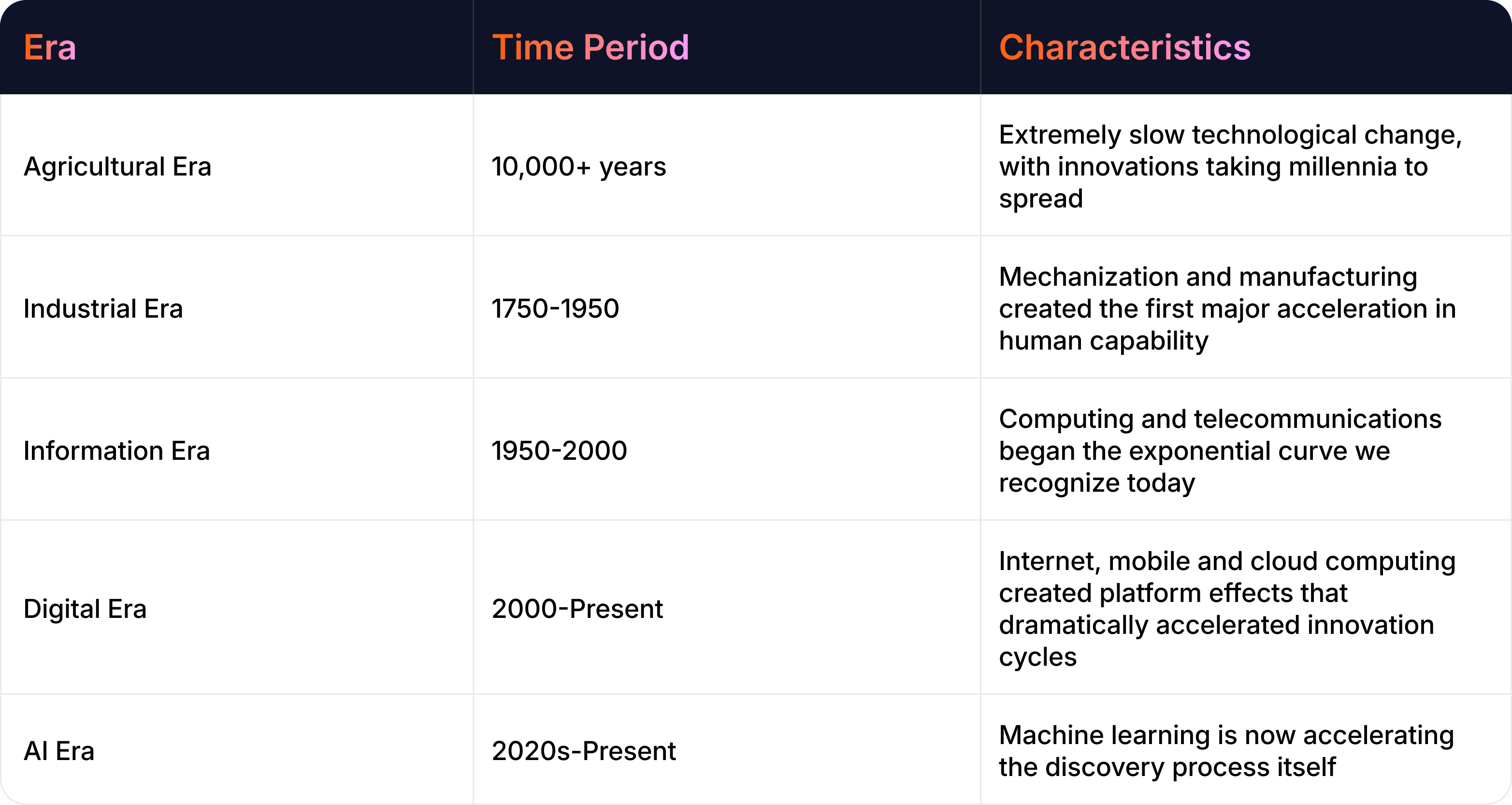

Every business deserves real AI transformation—but technology alone won't get you there. One key barrier to AI success is not addressed frequently enough: whether you have an AI-ready business culture.
Most business leaders today recognize that AI is an essential element of future business readiness. The question is no longer whether to adopt AI—it's how to do it effectively. But here's the challenge: while leadership sees AI as a strategic imperative, employee perspectives on the topic often range widely.
Some employees are already experimenting at the fringes, using platforms like ChatGPT on their own to automate emails and streamline communications. Others are paralyzed by fear—convinced that AI will make them redundant or replace their roles entirely. Many fall somewhere in between: curious but cautious, interested but uncertain, waiting for signals from leadership about what AI adoption really means for them.
Every business deserves real AI transformation—but technology alone won't get you there. You need a change management strategy that puts cultural transformation at its center. As senior leaders, we must build cultures that clarify AI as an empowering force for existing teams—not a threat, but rather a tool that makes them more capable, more strategic, and more valuable. The real barrier to AI success isn't your tech stack, your data infrastructure, or even your budget. It's creating a culture where AI is something to welcome, not something to fear.
Technology acceleration hasn't been constant. Each era has seen progressively faster innovation cycles.

We're now living in an era where AI capabilities double every 6 to 9 months. Waiting for clarity, for the "right moment," or until conditions are perfect isn't strategic caution—it's a recipe for irrelevance.
As one CEO recently put it: "With AI, our real competitor isn't another company—it's time."
AI resistance rarely stems from technology. It stems from three deeply human barriers that show up across industries:
Doing nothing is not a neutral decision. According to this research from PwC, AI laggards risk losing 20 to 30 percent of the productivity gains that leaders will achieve by 2026. And here's what's rarely discussed: automation-resistant cultures are seeing higher employee turnover as talent gravitates toward AI-augmented workplaces where they can work smarter, not harder.
Just as digital-native companies outpaced traditional incumbents in the 2000s, AI-first organizations are now setting new industry baselines. Catching up later will cost exponentially more—in retraining, in technical debt, and in lost market relevance.
The good news? You don't need a massive transformation to start building an AI-ready culture. In fact, starting small is often smarter.
Pick a real business problem—not just a trendy use case. Something like sales forecasting, summarizing customer calls, auto-classifying support tickets, or matching invoices across systems. These early wins build trust, demonstrate tangible value, and create internal champions who can evangelize AI across the organization.
The secret isn't in executing one perfect AI project. It's in building the muscle memory of experimentation—creating an environment where employees feel safe testing, learning from failures, and iterating quickly. This builds a learning organization that places a premium on agility and leverages artificial intelligence comprehensively. Cultural comfort with experimentation today determines your ability to scale tomorrow.
Building an AI-ready culture isn't about grand pronouncements or company-wide mandates. It's about creating the conditions for curiosity, confidence, and continuous learning.
Here's what makes early AI adoption so powerful: every project you complete makes the next one easier and faster. As your teams build AI literacy and use-case fluency, you create a flywheel of continuous improvement. Your AI systems get smarter with more data. Your employees get more confident with more practice. Your organization becomes a learning machine.
This is how you move from isolated AI pilots to agentic automation—where AI acts autonomously under supervision to accelerate outcomes across departments. And perhaps most critically, you create organizational muscle memory and a change-seeking culture. You don't just have AI tools. You have a culture that knows how to use them and wants to leverage technology for maximum competitive advantage.
AI transformation isn't just a technology race. It's also a cultural readiness race. The companies that will dominate in the next decade aren't necessarily those with the biggest AI budgets or the most data scientists. They're the ones building curiosity, transparency, and confidence around AI today. They are creating AI-ready business cultures that capitalize on all aspects of the technology for enhanced performance.
The divide isn't between Fortune 500 giants and everyone else. It's between organizations that are building AI literacy now and those waiting for someone else to go first.
The risk of acting is small. The risk of not acting is existential.
Every business deserves real AI transformation—and real transformation requires a receptive and empowered culture. The technology is ready. The tools are accessible. The only question left is: are you?
Ready to build your AI-ready culture? Connect with our team to explore how your organization can move from AI ambition to AI outcomes—measured in weeks, not months or years


